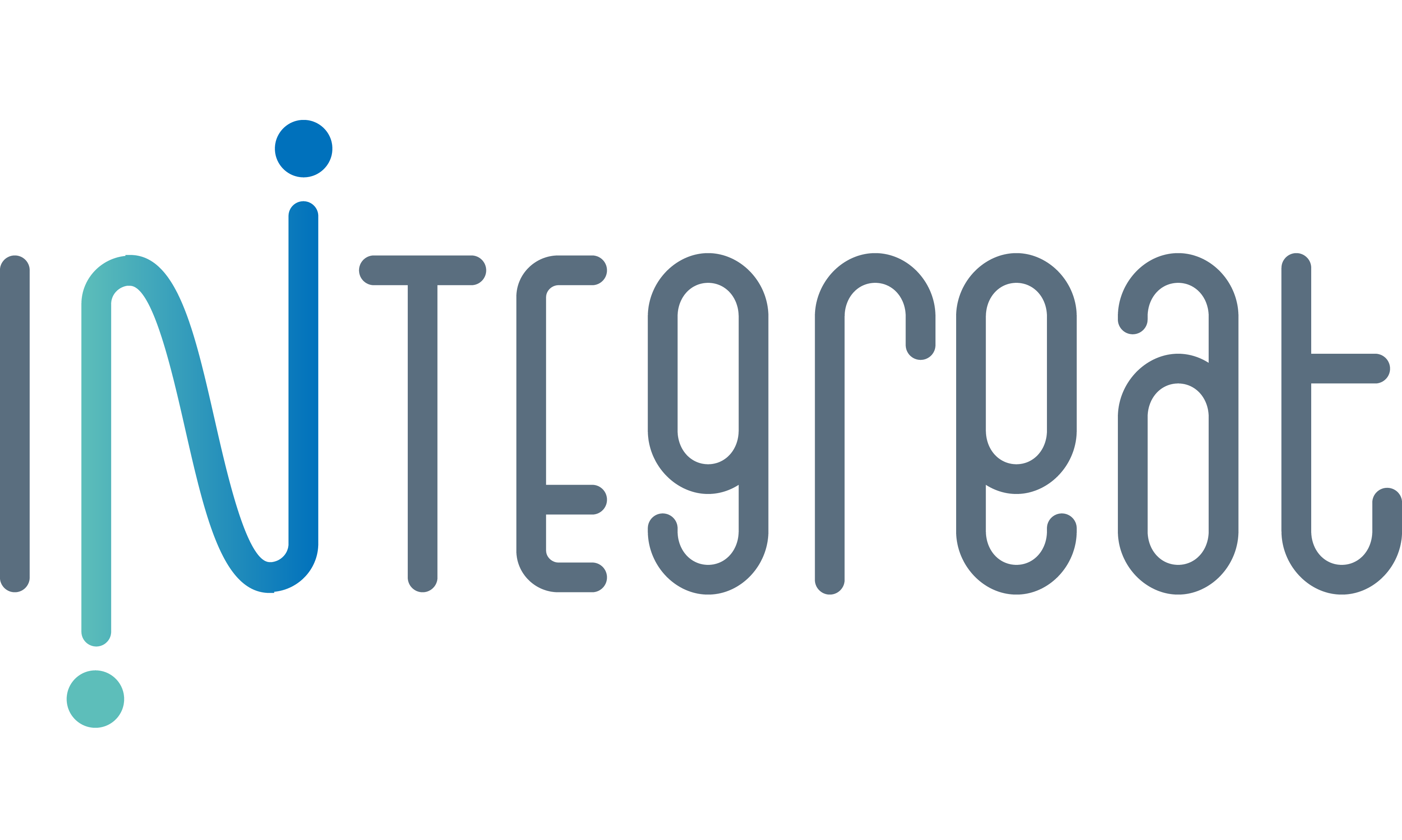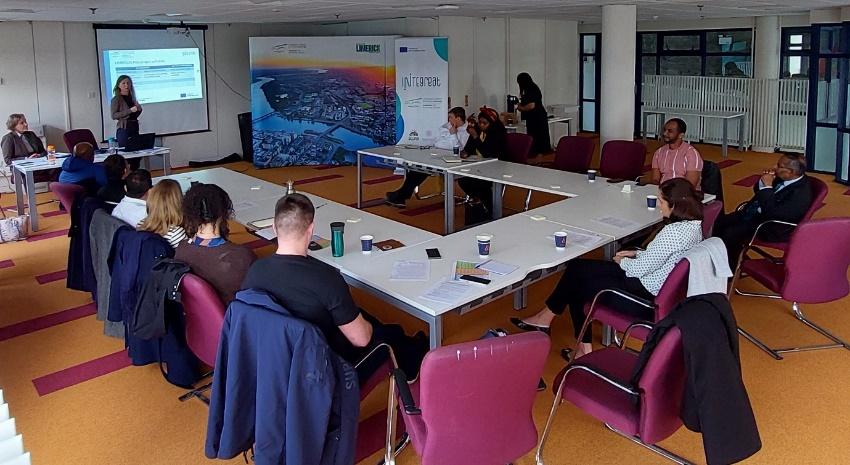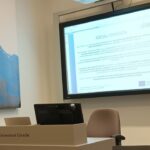Introduction
In an era of globalization, climate change and conflicts around the world, Europe has seen an increase in refugee arrivals. Ireland is currently experiencing unprecedented refugee and asylum applications, with most coming from Ukrainian refugees reaching 74,458 and 13,319 applicants in 2022.
Municipalities are crucial in integrating migrants and creating a supportive environment for newcomers. They play a vital role in fostering inclusive communities, involving various stakeholders like national government, state agencies, community organizations, NGOs, and individuals. Their responsibilities include providing essential services, creating inclusive policies, promoting civic engagement, coordinating local services, and promoting intercultural initiatives.
Provision of Essential Services
Local authorities in Ireland provide essential services such as housing, road maintenance, fire services, libraries, recreation areas, and environmental protection. They also play a crucial role in securing accommodation for newcomers, providing social housing for those unable to afford it. Local authorities work with housing charities and support schemes to access the private rental market. They provide guidance on available housing support programs, such as social housing schemes or private rental assistance (HAP), to help newcomers secure suitable accommodation.
In 2022, Irish local authorities were tasked by the government to establish “local rest centres” in Limerick to provide accommodation for Ukrainian refugees during the Ukraine war. Currently, two centers provide shelter for 45 people, highlighting the government’s increased involvement in providing accommodation for refugees and asylum seekers.
Creation of inclusive policies
Municipalities and public bodies in Ireland have a legal obligation to promote equality, protect human rights, and prevent discrimination. To ensure these obligations are met, consultation with newcomers is crucial. In Limerick, local authorities engaged in a wide consultation process during the development of new Local Community and Economic Plans for 2022-2028. They also contribute to integration policy development and implementation by collaborating with national government, public agencies, community organizations, NGO’s, and other stakeholders. The Integration Working Group (IWG) in Limerick prepared an Integration Plan, which was approved by Limerick City and County Council in 2018 (Belonging to Limerick: Integration Plan 2018-2022). A new Integration Strategy is currently being developed for 2023-2027.
Promoting Civic Engagement
Newcomers in Limerick are actively participating in local decision-making processes and community activities to feel empowered and recognized as valuable contributors. Municipalities provide information on government structures, organize democratic participation workshops, and host cultural events.
In Limerick, the work on creation of a Migrant Integration Forum is underway. The Migrant Integration Forum aims to empower migrant communities to collaborate, network, and represent a common voice for social inclusion and decision-making.
Coordination of local services
Effective integration in Limerick requires strong coordination and cooperation between national government, public agencies, local authorities, and local stakeholders. The Integration Working Group (IWG) in Limerick focuses on migrants’ needs and promoting integration with host communities. The group supports refugees and asylum seekers in adapting to their new circumstances and re-settlement in Limerick.
An inter-agency Ukrainian Response Forum and three Ukrainian Sub-fora have been established to address accommodation and service needs of Ukrainian arrivals under International Protection in Limerick.
The IWG has a broader and more strategic focus than the Ukrainian Response Forum. It focuses on immediate needs and practical responses such as access to school places and transport.
Promoting intercultural initiatives
Local authorities in Limerick are implementing intercultural programmes and initiatives to promote understanding, respect, and appreciation for different cultures and traditions. These activities include events, workshops, festivals, and educational activities that celebrate diversity and encourage cross-cultural interaction. These initiatives help break down barriers between communities, raise awareness about migrants and minority communities, challenge stereotypes, and promote positive attitudes towards diversity. For example, newcomers are encouraged to take part in the Saint Patrick Day Parade, and events such as Africa Day, Riverfest Festival, and Lifelong Learning festival in Limerick encourage newcomers to showcase their culture.
Conclusion
Municipalities / local authorities are at the forefront of fostering the integration of migrant populations into their host communities. Through their welcoming approach, provision of essential services, creation of inclusive policies, promotion of civic engagement, coordination of local services and promotion of intercultural initiatives, local authorities lay the groundwork for successful integration. By fulfilling these responsibilities, local authorities in Ireland actively contribute to creating an inclusive and cohesive society which is increasingly more diverse.
Considering the local context of migration in 2023 and the rise in the number of newcomers, it is envisioned that the role of the Local Authorities in Ireland in integration and support for new communities will continue to expand in the future.




